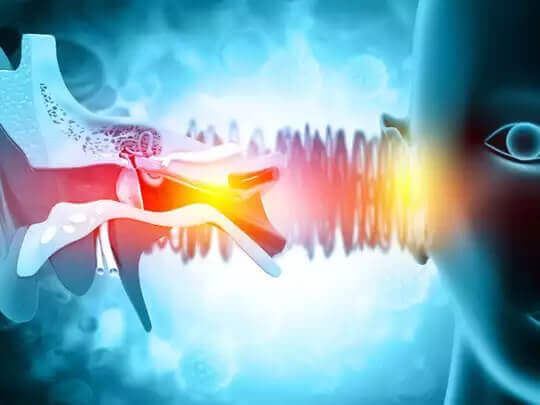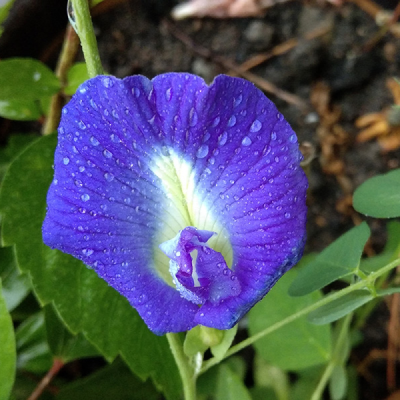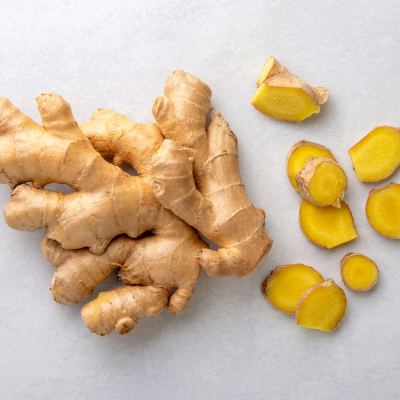Vestibular hypofunction refers to a condition where the vestibular system (a part of the inner ear responsible for maintaining balance and spatial orientation) does not function properly. This can lead to dizziness, unsteadiness, and difficulty maintaining balance.
Causes of Vestibular Hypo function
- Inner Ear Disorders: Labyrinthitis (inflammation of the inner ear).
- Vestibular neuritis (inflammation of the vestibular nerve).
- Head Injury: Trauma can damage the inner ear structures.
- Aging: Degeneration of inner ear structures with age.
- Infections: Viral or bacterial infections affecting the ear.
- Chronic Diseases: Diabetes or cardiovascular conditions affecting blood supply to the inner ear.
- Medications: Ototoxic drugs (e.g., certain antibiotics) that damage inner ear structures.
Signs and Symptoms
- Dizziness or Vertigo: A spinning sensation, especially with head movements.
- Unsteadiness: Difficulty maintaining balance, especially in the dark or on uneven surfaces.
- Nausea and Vomiting: Often associated with dizziness.
- Blurred Vision: Difficulty focusing, especially when moving.
- Fatigue: Due to the constant effort to maintain balance.
- Difficulty Walking or Standing: Increased risk of falls.
- Motion Sensitivity: Discomfort or dizziness with movements like turning the head or riding in a car.
Risk Factors
- Aging.
- History of ear infections or trauma.
- Prolonged use of ototoxic medications.
- Conditions like diabetes or high blood pressure.
Ayurvedic Perspective
In Ayurveda, vestibular hypofunction can be correlated with "Vataja Nanatmaja Vyadhi" or imbalances of Vata Dosha, particularly affecting the Shrotra Indriya (sense of hearing) and Manas (mind). The condition arises due to:
- Vata Imbalance: Causes improper functioning of nerves and sensory organs.
- Ama (Toxins): Accumulated toxins disturb the nervous system.
- Stress and Weakness: Aggravates Vata leading to instability and dizziness.
Ayurvedic Management of Vestibular Hypo function
Diet
- Eat warm, cooked, and nourishing foods like ghee, soups, and whole grains to pacify Vata.
- Avoid cold, dry, and processed foods.
- Include spices like ginger, cinnamon, and cumin to enhance digestion.
Lifestyle
- Avoid excessive exertion or sudden movements.
- Practice relaxation techniques like meditation and pranayama.
Panchakarma Therapies
Abhyanga (Oil Massage)
- Full-body massage with medicated oils like Mahanarayana Taila to pacify Vata.
Shirodhara
- Continuous pouring of medicated oil on the forehead to calm the mind and stabilize Vata.
Nasya (Nasal Therapy)
- Administering medicated oils like Anu Taila into the nostrils to strengthen sensory organs.
Basti (Medicated Enema)
- Helps eliminate toxins and balance Vata.
Yoga and Pranayama
Yoga Poses
- Tadasana (Mountain Pose): Improves balance.
- Vrikshasana (Tree Pose): Enhances stability.
- Shavasana (Corpse Pose): Calms the mind.
Pranayama
- Anulom Vilom (Alternate Nostril Breathing): Balances Vata.
- Bhramari (Bee Breathing): Calms the nervous system.
Ayurvedic Formulations
- Brahmi Ghrita: Enhances memory and stabilizes the mind.
- Ashwagandharishta: Strengthens the nervous system and balances Vata.
- Dashmoolarishta: Reduces dizziness and fatigue.
- Sarivadyasava: Detoxifies the body and pacifies Vata.
Herbal Remedies
Ashwagandha (Withania somnifera)
- Strengthens the nervous system and reduces fatigue.
- Dosage: 1 tsp powder with warm milk at bedtime.
Brahmi (Bacopa monnieri)
- Improves cognitive function and calms the mind.
- Dosage: 250–500 mg capsule daily.
Shankhpushpi (Convolvulus pluricaulis)
- Enhances mental clarity and reduces Vata imbalance.
- Taken as syrup or decoction.
Ginger (Zingiber officinale)
- Reduces dizziness and nausea.
- Dosage: Ginger tea or 1 tsp fresh ginger juice with honey.
Ayurvedic treatment for vestibular hypofunction focuses on balancing Vata Dosha, nourishing the nervous system, and improving overall stability. A combination of diet, lifestyle modifications, herbal remedies, and therapies like Panchakarma can provide long-term relief.







